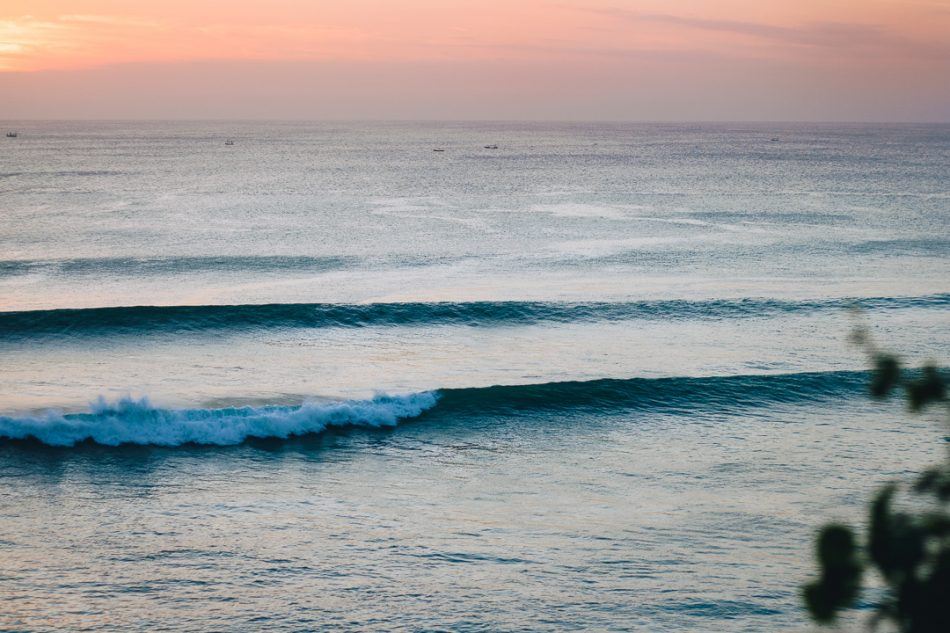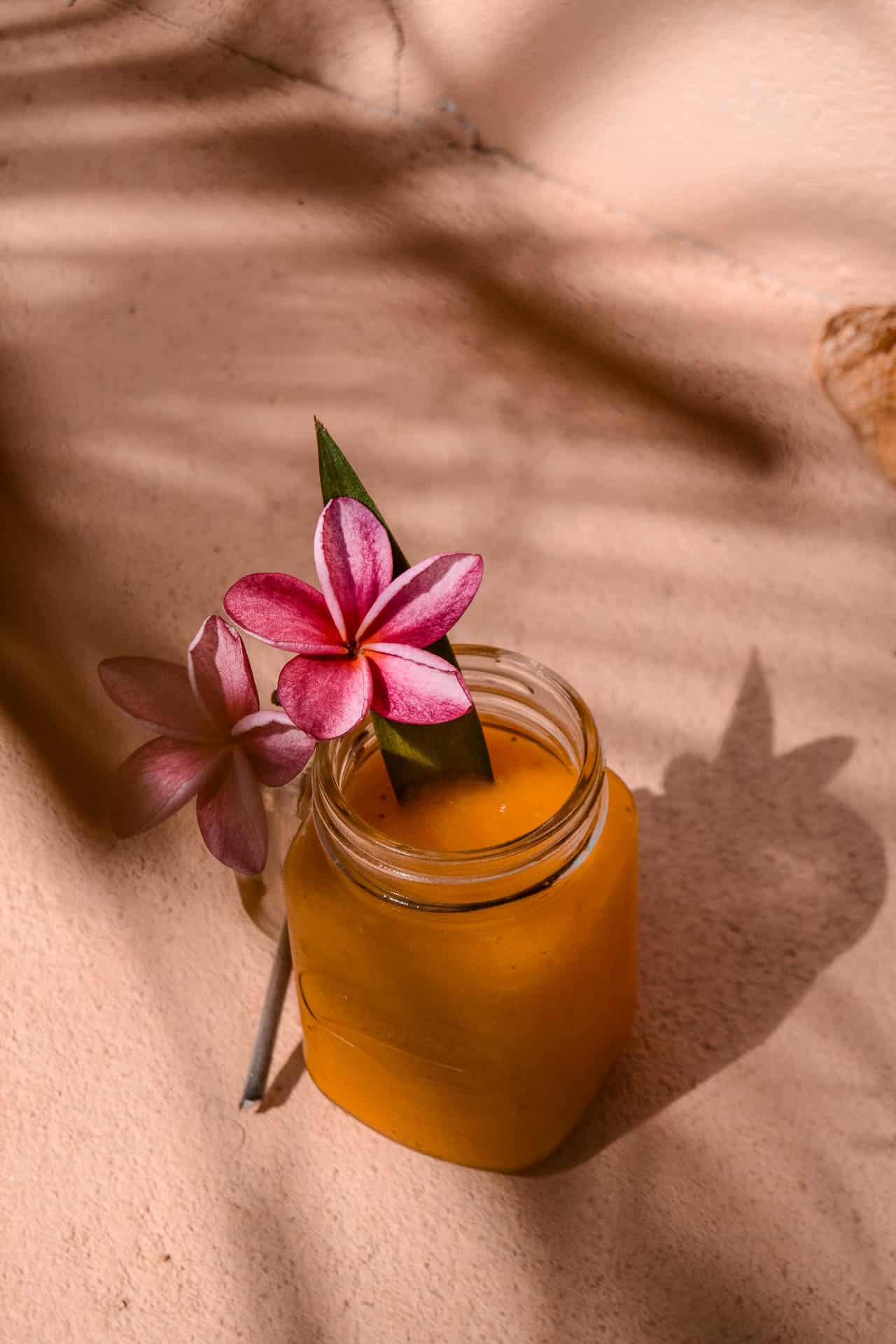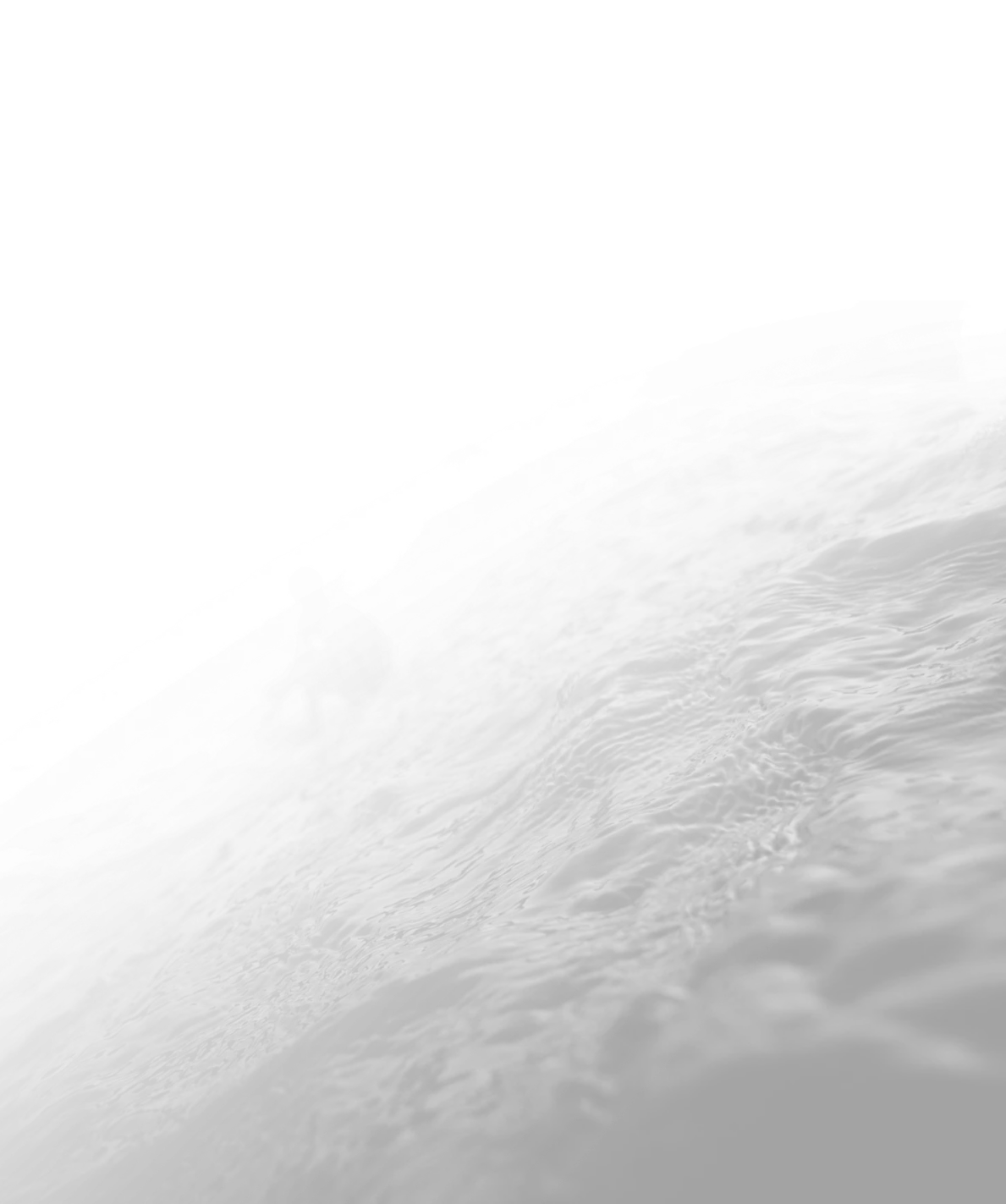Due to its quality spots and incredible swell during summer, people travel to Bali from all over the world. Many return over and over again.
Bali, with its abundant tropical forests, famous waves, and unmatched surfing vibe, stands out as an immensely appealing place for those looking to learn how to surf. No matter your skill level, you’ll leave Bali as a better surfer which is why this place is a must-visit for surfers. As are the sheer amount of beginner-friendly surf locations that it offers.
Why is Bali such a popular surfing destination?
One of the best things about surfing in Bali is the variety of breaks, which range from beginner level to professional and “kamikaze”, meaning you’d have to be a bit suicidal to attempt them unless you’re a real expert. Most of these spots are within easy reach of one another, with a famous cluster on the west coast of the Bukit Peninsula.
Surf Bali from matthew on Vimeo.
What is the Best Time for Surfing in Bali?
The island gets the best swell during the dry season between May until September. This is considered the peak surfing season in Bali when the most popular surf breaks located on the west coast of the island hold ideal conditions for surfing. Unfortunately, this is also when the island is most crowded.
The “off-season” (also known as the “Wet season” or “Rainy season”) offers quality surf on the east coast and provides an alternative to the tourist crowds. If you want to avoid crowds and aren’t afraid of a little rain you might want to take advantage of Bali’s Rainy Season, which can still produce great waves. Nusa Dua is also a popular beginners wave during the rainy season. Don’t let frightening images of South and Southeast Asian monsoon rains scare you off. Bali’s wet season is considerably tamer, the worst conditions resulting only in minor floods and heavy winds, during which road travel should be avoided.
Where can you Surf in Bali?
For Expert Surfers
The aforementioned Bukit cluster of hot surf spots includes Uluwatu (which is actually 5 breaks in one), Impossibles, Bingin, Balangan, Nyang-Nyang, and of course Padang Padang. These are mostly pro-level or for highly experienced surfers, but beginners need not fear if they are accompanied by certified instructors.
For Beginners Surfers
Padang Padang Right is probably the best spot for beginners because of its long unbroken wave. Balangan and Dreamland are also suitable for beginners during the right times. Ask one of our helpful surf guides, if you’re not sure where to go.
Other Hidden Gems
While spots like Padang Padang and Uluwatu are legendary, there are other, lesser-known gems dotting the coastline.
So how to find these hidden surf Bali treasures? Start by doing a little research and when you get to Bali hook up with a surf camp or surf school. Make sure it’s staffed with qualified instructors who have experience and a deep local knowledge of surfing Bali. Both of Rapture Surfcamps in Bali offers all that.
Things to Know before Planning your first Bali Surf Trip?
Before you book flights to Bali the team here at Rapture has got a few travel tips to make your first surf trip in Indonesia a cracker.
1. Passport and Visa
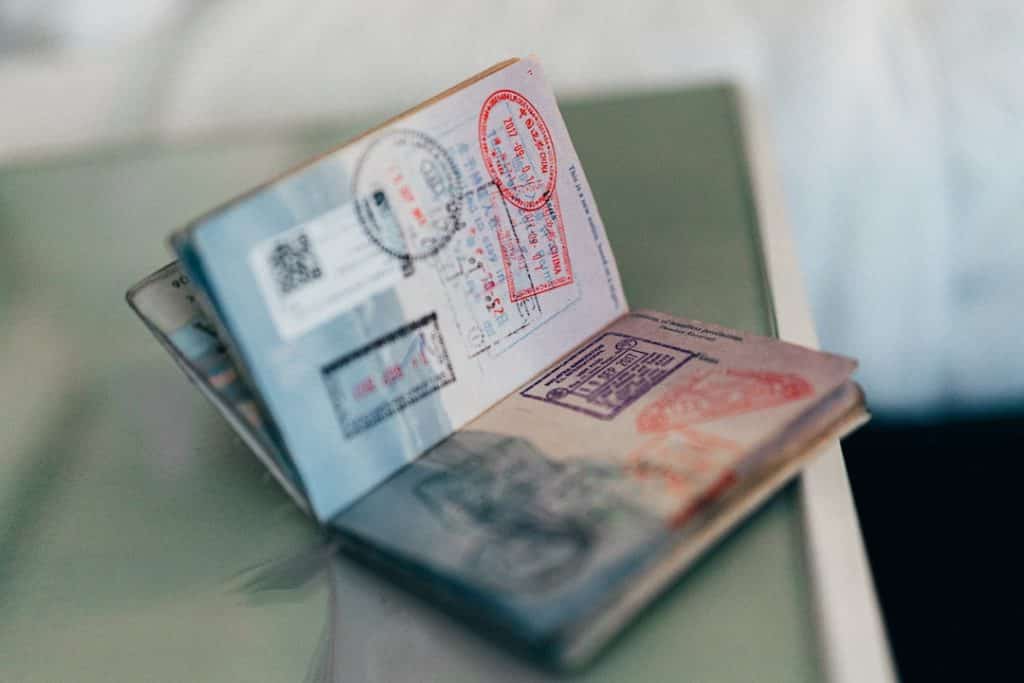
The requirements for Balinese tourist visas can change very fast and vary over a month. This can be confusing when trying to determine if you need a visa for your learn to surf trip in Bali. As a
At the moment there over 160 nationalities that don’t need to pre-apply for a Balinese visa. This means that people from these countries are eligible for a free 30-day visa upon arrival which can then be extended another 30 days at an Indonesian immigration office or via a local travel agent. The penalty fee for overstaying your visa is IDR 1,000,000 per day, which works out to be about USD 70. Your passport must be valid for at least 6 months from the day of your arrival.
2. Book Transport from Airport before your Reach
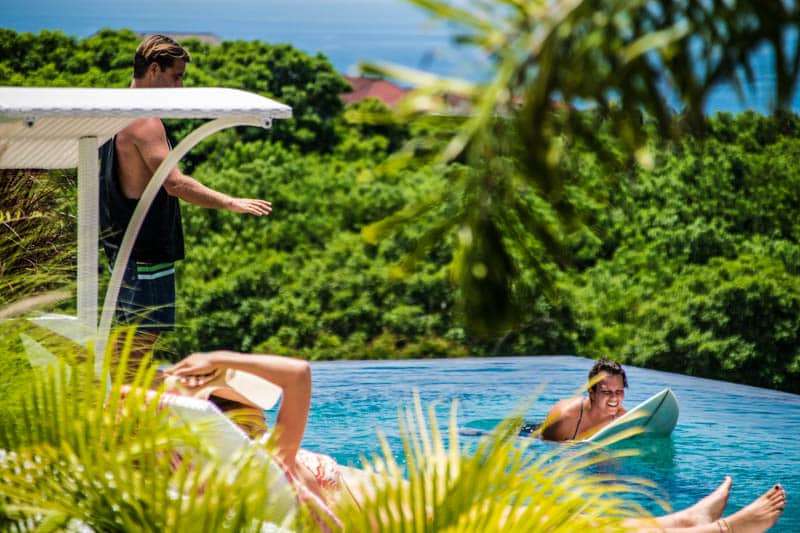
When you step out of the airport, you’ll be welcomed with a bunch of taxi drivers waiting for customers. They’ll offer to help you with you things and claim that they can take you anywhere on the island for the best rates. While there may be some genuine ones but most of the time, these drivers are just taking advantage of you how tired you are to charge you exorbitantly.
We advice that you plan your transportation from the airport in advance to avoid paying higher rates than needed.
3. Don’t Forget Travel Insurance
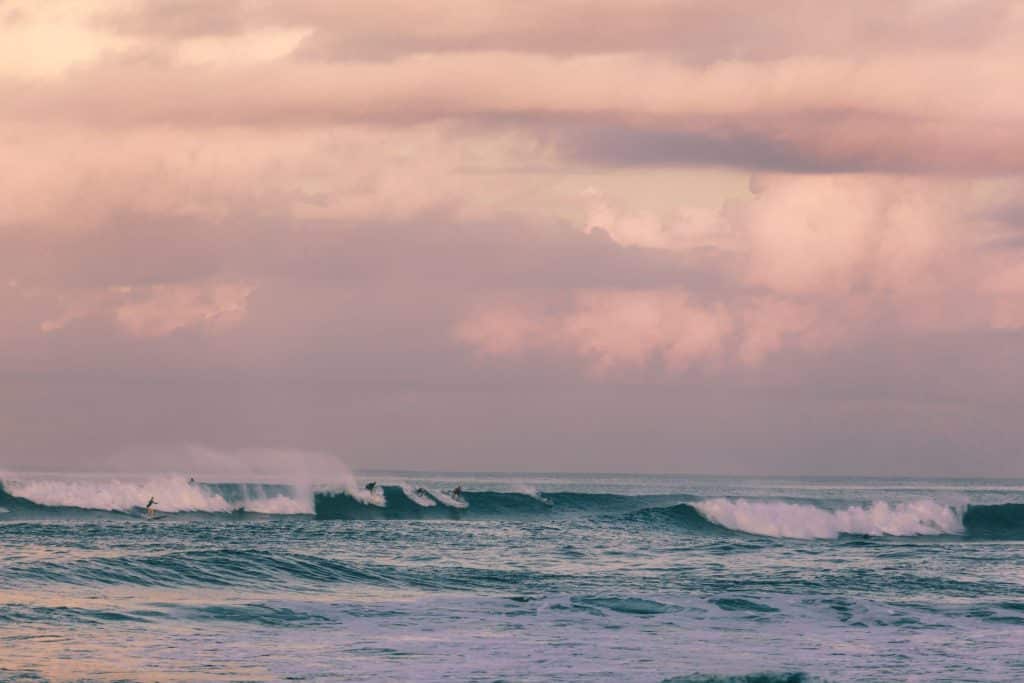
If you still think travel insurance is an unnecessary expense, you’re kidding yourself. However, this goes double if you’re a surfer. With travel insurance, you can hit the waves with peace of mind and actually enjoy your surf trip without having to worry about what you would do if things go pearshaped.
Protect yourself and your peace of mind by getting an insurance for your lost/stolen luggage and flight changes. Most of these travel insurance plans also cover any unexpected medical costs you may incur abroad.
Think about this – a medical emergency in your home country may not seem like a big deal but if it were to happen in Bali or any other country, it can end up being expense.
When browsing through travel insurance place, look for any surfer-friendly ones. Something that would cover surfboard apart from the usual medical and baggage.
4. Understand Local Currency and Conversion

It is crucial to have knowledge about the local currency and the exchange rate in relation to your own currency when you decide to learn how to surf in Bali. The Indonesian currency, known as Rupiah or Rp., appears distinct from various other currencies, making it challenging to comprehend. To avoid the inevitable situation of relying on ATMs at the airport, which can be overwhelming when you are already dealing with jetlag, it is recommended to exchange some cash before your departure. This way, you can be better prepared and have one less thing to worry about.
Once you’ve reached your accommodation, ask your fellow guests for a nearby, reliable money changer. Some people may suggest changing your money at the airport upon arrival, which is a good option for small amounts. However, better rates can be found in town. If you’re unsure, feel free to talk to our friendly staff members at Rapture Surfcamps.
5. Let go of your Fear of ‘Bali Belly’

Don’t worry about getting sick on your learn to surf trip to Bali! The “Bali belly” is not as common as it used to be. In the past, certain foods were considered risky, but hygiene standards have improved with the increase in tourists. You can now find delicious and healthy options in almost every café and restaurant. There might be an occasional bad meal, but it’s rare. Just be cautious of the tap water. If you do get sick, seek a doctor to take antibiotics and drink lots of water. You’ll likely feel better within 24 hours.
6. Check out and Book Surf Camps before you Arrive
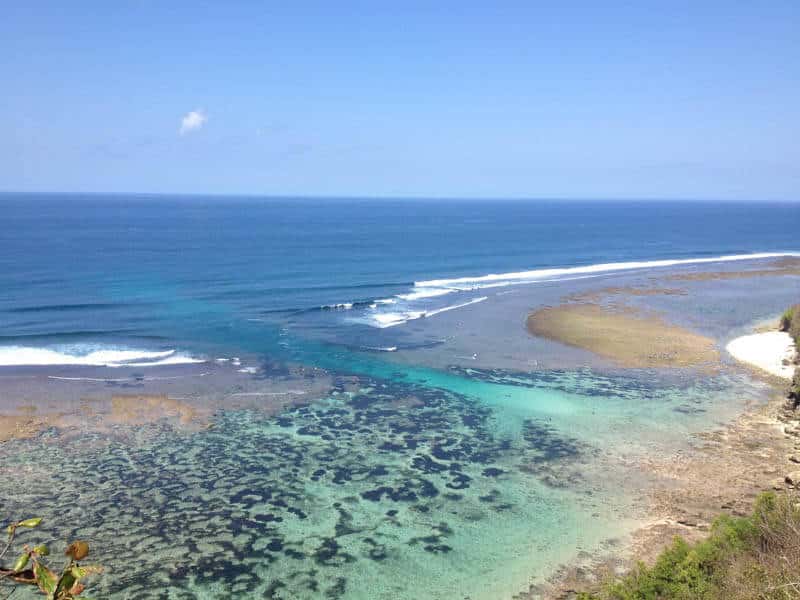
Interested in reserving a surf journey to Bali but unsure of where to stay, how to rent a surfboard, or where to find the best waves? No need to worry. If you organize your stay with Rapture Surfcamps in Bali, we will take care of all your surfing requirements and more. Enjoy airport shuttle to Yoga sessions, at our surf camps in Bali!
Our camps are available throughout the year and we can also arrange excursions to various destinations in Bali, such as Ubud, Kintamani, and Tanelot. Furthermore, our surf guides are well-versed in Bali’s surf spots and can assist you in finding the perfect waves. They will take you to the top breaks and ensure you get in the water before the crowds arrive. By booking a surf camp in advance, you can relieve yourself of the stress of arranging everything upon arrival. Taking you to all the best breaks and getting you in the line-up before the crowds arrive.
By booking a surf camp before you arrive, you’ll take a lot of the pressure of sorting everything out upon landing. You can then simply roll up and kick back and let us do all the hard work. While you make the most of your learn to surf trip in Bali.
7. Research a Few Flat-day Activities

There will be occasions when the breeze is blowing towards the shore, the waves are coming from the opposite direction, or you’re simply exhausted from surfing and couldn’t paddle for more than 10 meters without dozing off. Such days present an ideal chance to explore the other captivating parts of this exquisite island.
Indulge in a rejuvenating Balinese massage to refresh your body, or for a more adventurous experience, you can opt for the thrilling activity of whitewater rafting on the Ayung River. If you prefer to stay in the water but aren’t keen on surfing, there are numerous opportunities to explore snorkeling and diving.
Before you make reservations for a surf camp in Bali, make sure to explore some alternative options for when the waves are not suitable for surfing.The pristine reefs of Menjangan, in particular, remain untouched. Nusa Lembongan is renowned globally for its flourishing marine ecosystem. Other attractions that may interest the inquisitive traveler include exploring the Jatiluwih rice terraces, ascending the volcanic Mount Batur, and embarking on countryside tours. globally for its abundant marine life. Other activities that might attract the adventurous traveler include taking rides through the picturesque Jatiluwih rice fields, hiking up the volcanic Mount Batur, and going on countryside tours.
8. Brush up on your Bahasa

Familiarizing yourself with the local language can facilitate building new relationships. It may come as a surprise, but Balinese Indonesian possesses certain unique characteristics that set it apart from standard Indonesian. Known as Bahasa, this variant eliminates verb conjugations and tenses, making it a more straightforward language to grasp compared to most romance languages.
Known as Bahasa, Balinese Indonesian does not require verb conjugations or tenses, making it more accessible to learn compared to many romance languages. Nevertheless, it does entail different social differentiations influenced by a caste system, which is crucial to grasp if one wishes to truly master Bahasa. It is always commendable when visitors make an effort to communicate in the language of the country they are visiting, even if it is only a few words.
Check out this handy guide for an introduction to Balinese if this sounds like you. If you’d prefer to speak in English though that’s also not a problem. The vast majority of Balinese speak enough English to converse with you.
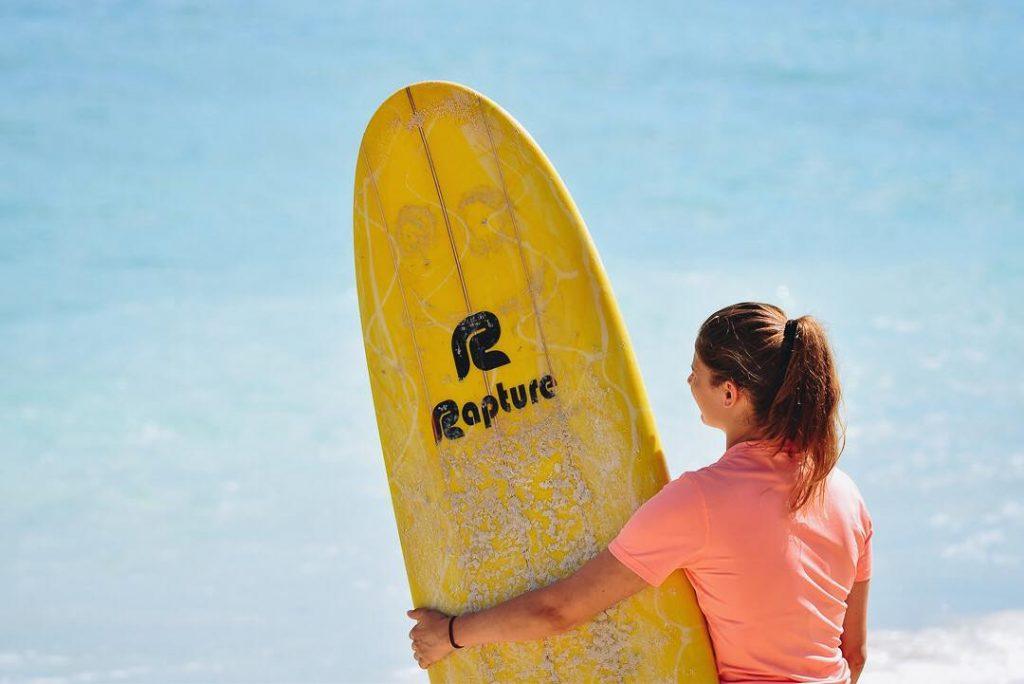
Additional surf travel tips for Bali
- When you’re in the water, remember to smile and be friendly. But be careful not to smile too much, as people might think you’re up to something.
- When you go out partying at night, only bring your cash and maybe your phone. Bali is notorious for causing even the best ravers to stumble.
- Always wear a helmet when riding your bike.
- Drink plenty of Bintangs, but avoid Arak.
- Step out of your comfort zone and make new friends.
- Remember to pack earplugs, cable ties, and Vaseline for rashes.
- Don’t rely solely on the swell forecast, go check the waves yourself.
- Pack for humid weather, but also bring trainers for hiking or riding. If you’re a female, don’t forget to bring a sarong.
- Always make sure your taxi driver has turned on the fare meter.
- Don’t be afraid to try the local cuisine. We can’t stress it enough, homemade nasi goreng is life.
Embark on a thrilling Bali surf experience at Rapture Surfcamps! With a promise of the finest waves Bali has to offer, our surf adventure will lead you to the island’s hidden gems and renowned surf spots. Nestled in oceanfront tranquility, you can relax and bond with fellow surf enthusiasts. Our package includes professional surf instruction, top-quality surf equipment, comfortable accommodations, delectable dining, local excursions, rejuvenating yoga sessions, and breath-taking sunsets. Secure your spot for this once-in-a-lifetime surfing adventure today!
Hear What Rapture Surfcamps’ Guests Have To Say
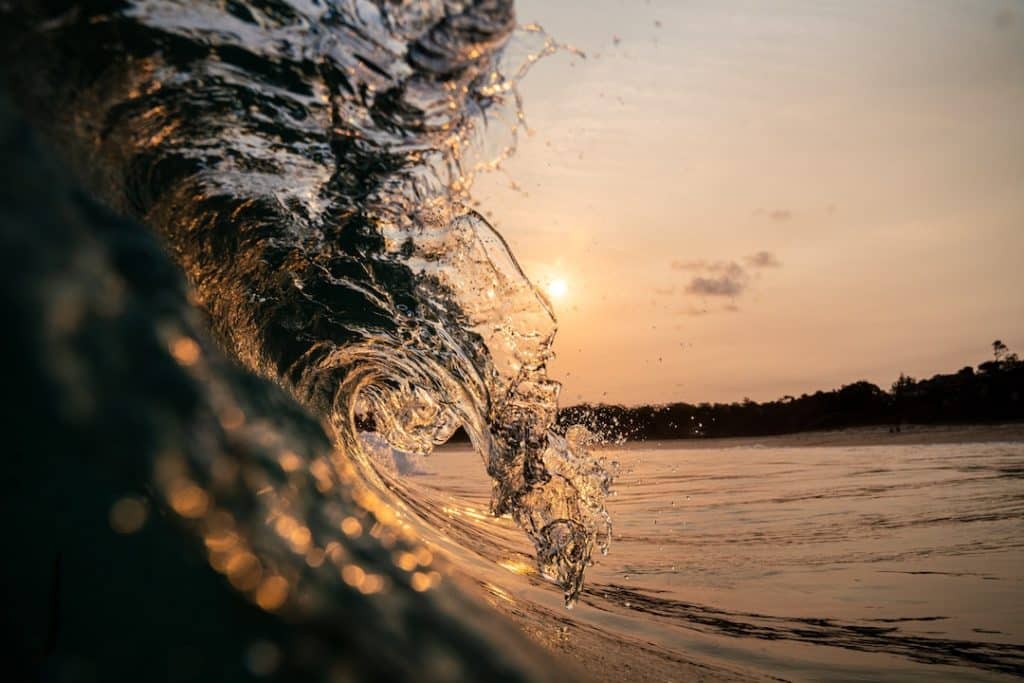
The waves are waiting for you! SURF IN BALI
Book your surfing trip with Rapture today and experience your very own adventure in Bali!
Join us in one of our two Rapture Surfcamps in Bali. We are located in Padang Padang or Green Bowl.
BOOK NOWThe optimal time to visit Bali is during the dry season, from April to October. This period offers pleasant weather, lower humidity, and ideal conditions for exploring the island.
It’s advisable to consult with a healthcare professional to determine the necessary vaccinations before traveling to Bali. Typically, vaccinations for Hepatitis A and B, typhoid, and routine childhood immunizations are recommended.
Bali has a warm and tropical climate, so lightweight and breathable clothing is recommended. Modesty is appreciated in temples and more rural areas, so it’s advisable to cover shoulders and knees when visiting such places.
Yes, Bali has a rich cultural heritage, and it’s important to respect local customs. Balinese people are generally friendly, but it’s customary to greet with a smile and a nod. When entering a temple, wearing a sarong and sash is a sign of respect.
Bali offers various transportation options, including taxis, ride-sharing services, and scooter rentals. For longer distances, private drivers and rented cars are popular choices. Traffic can be congested, especially in tourist-heavy areas.
It’s advisable to drink bottled or filtered water in Bali to avoid the risk of waterborne illnesses. Many hotels and restaurants provide complimentary bottled water, and it’s widely available for purchase.
While Bali’s beaches are beautiful, it’s important to be cautious of strong currents, especially during the monsoon season. Always swim in designated areas, pay attention to warning flags, and be aware of your surroundings.
The official currency in Bali is the Indonesian Rupiah (IDR). Cash is widely accepted, especially in local markets, but credit cards are commonly used in larger establishments and hotels. It’s advisable to have some cash for smaller transactions.
Bali offers a diverse culinary scene, and most food is safe to eat. However, it’s recommended to choose restaurants and street food vendors with good hygiene practices. Peel fruits and vegetables, drink bottled beverages, and avoid undercooked food.
Bali has good internet connectivity, and most hotels, restaurants, and cafes offer Wi-Fi. Additionally, you can purchase local SIM cards for your phone to have data access during your stay. Ensure that your phone is unlocked to use a local SIM card.
